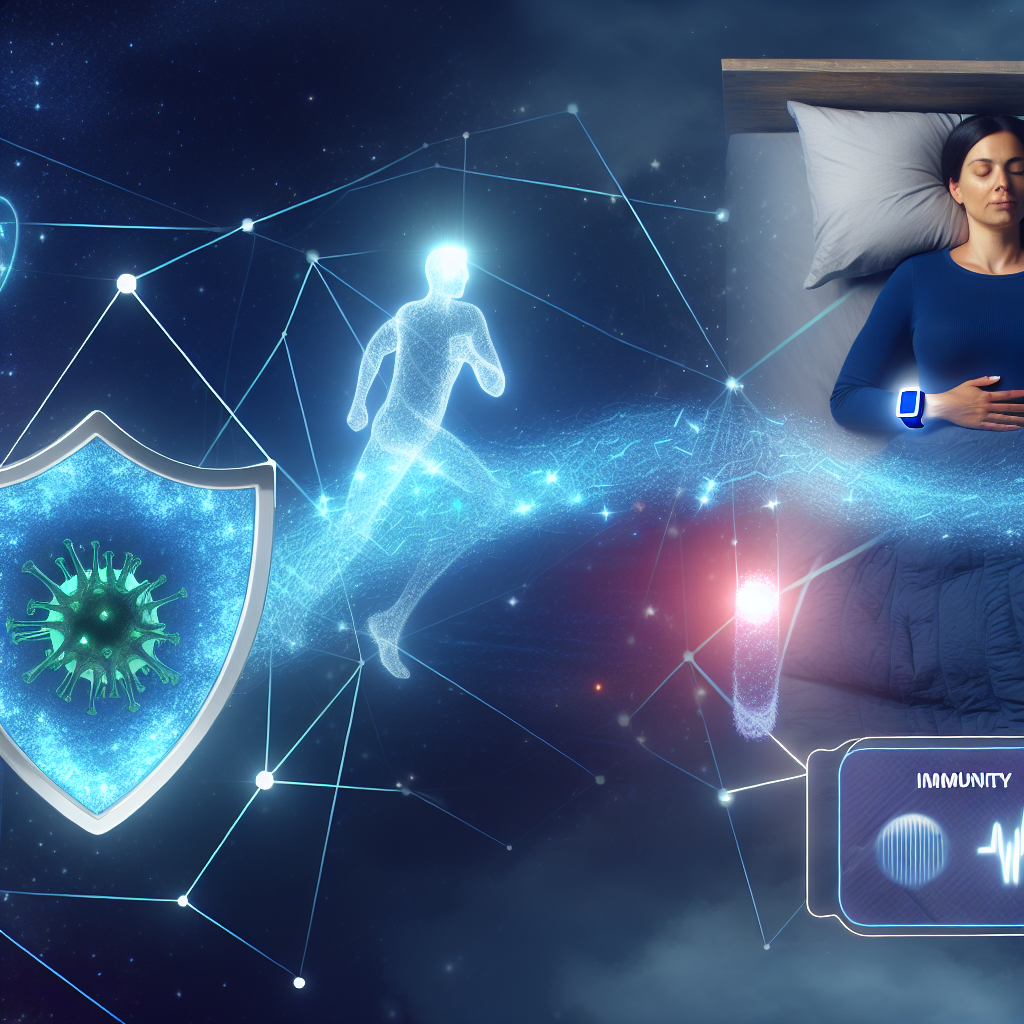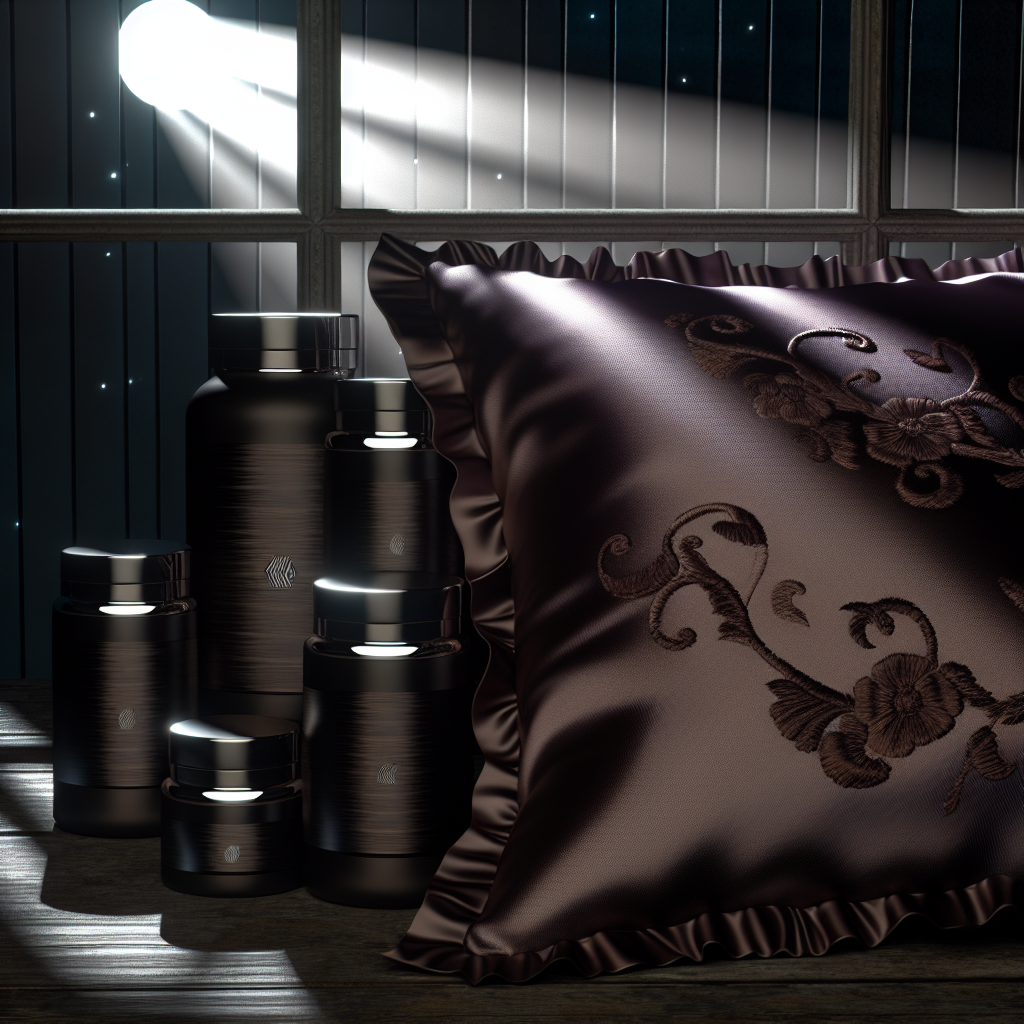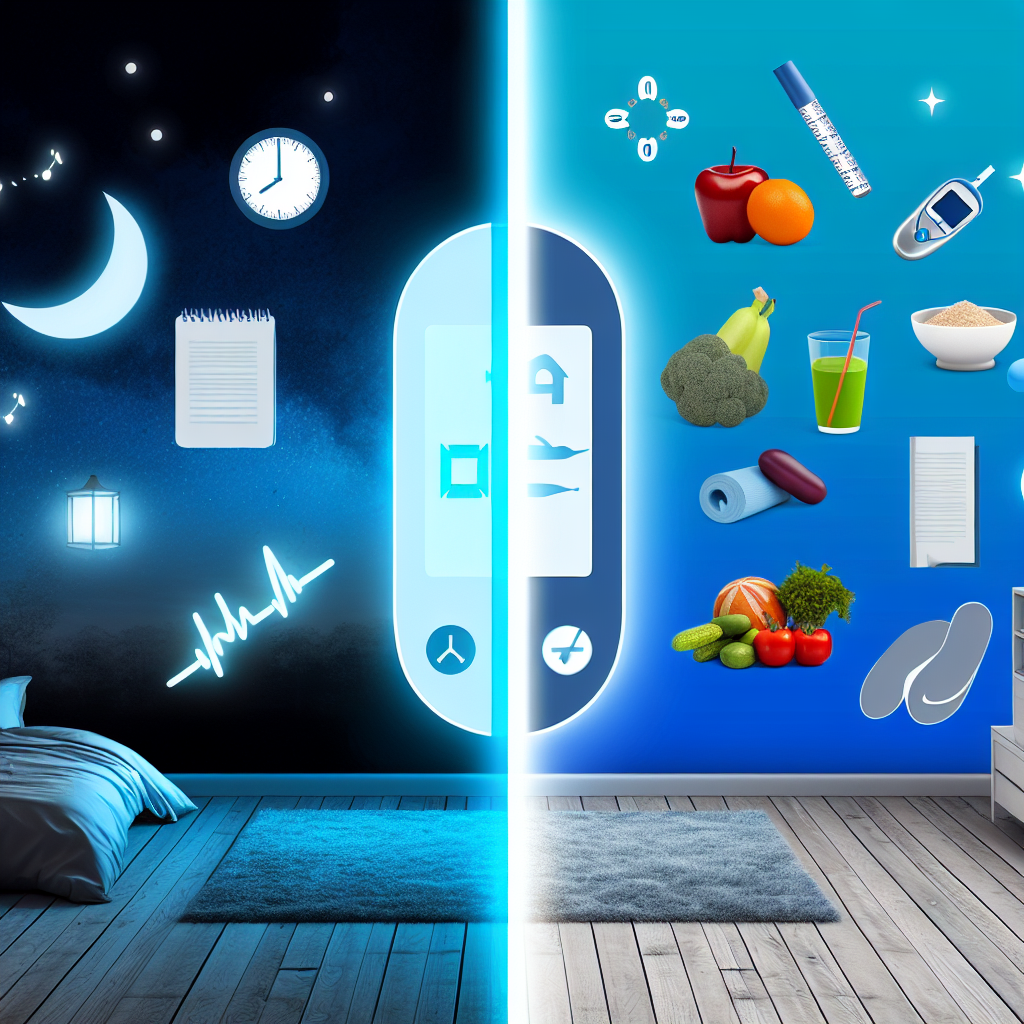Sleep & Immunity – How Sleep Score Predicts Illness Vulnerability
Introduction
In an age where **wearable devices** track everything from heart rate to steps, one key metric is rising in importance: the sleep score. This score is a composite indicator that considers factors like sleep duration, sleep quality, heart rate variability (HRV), and movement during sleep. It aims to reflect how well someone slept — from both physiological and behavioral perspectives.
Sleep has long been understood as restorative, but we are now uncovering that it’s far more — it actively regulates our immune system. High-quality sleep helps optimize responses to infection, supports production of infection-fighting antibodies, and even improves the long-term efficacy of vaccinations.
Research shows that individuals with lower sleep scores are not only more prone to catching common illnesses like colds and flu, but also experience longer recovery times and more severe symptoms. In light of the COVID-19 pandemic, this understanding of sleep as a preventive health tool has become even more pressing.
Through devices such as Fitbit, WHOOP, Oura Ring, and Apple Watch, individuals are gaining insights into their immune systems by observing their nightly rest. These data points — when interpreted professionally or personally — offer early warning signs for immune challenges, allowing for behavior adjustments before illness manifests.
Warning signs in your nightly patterns, such as reduced REM sleep, fragmented sleep, or low deep sleep, can signal poor recovery, chronic stress, or an overextended immune system. Conversely, improved sleep can result in measurable gains in health, such as lower inflammatory markers, enhanced vaccine effectiveness, and even reduced chances of catching seasonal viruses.
As digital health transforms the patient-care model, sleep-focused metrics are proving to be a cornerstone of personalized medicine. Respecting and monitoring your sleep score isn’t just about feeling refreshed — it might be the most impactful step you take to strengthen your long-term immune defense.
Features: Medical Studies Linking Sleep Score & Immune Function
Scientific studies continue to support the correlation between sleep and immunity. A seminal study published in the journal Sleep (2015) found that participants getting less than six hours of sleep per night were 4.2 times more likely to catch a cold than those sleeping more than seven hours ([Sleep Journal, 2015](https://academic.oup.com/sleep/article/38/9/1353/2416885)). This underscores the powerful relationship between even mild sleep deprivation and increased infection risk.
A complementary study led by researchers at the University of California, San Francisco, evaluated participants exposed to the rhinovirus (common cold) using actigraphy and wearable trackers. It concluded that sleep duration and sleep efficiency significantly influenced whether individuals would show symptoms post-exposure ([UCSF Study](https://www.ncbi.nlm.nih.gov/pmc/articles/PMC4461980/)).
On a genetic level, a 2019 study in Nature Communications showed how just one week of inadequate sleep alters gene expression critical to immune function. Specifically, participants had decreased expression of immune-protective cytokines and increased expression of genes promoting inflammation — a double blow to immunity ([Nature Communications, 2019](https://www.nature.com/articles/s41467-019-08903-0)).
There’s also compelling evidence linking sleep and vaccine outcomes. According to a pivotal 2002 study from the University of Chicago, individuals who slept fewer than four hours per night for six nights in a row had a 50% lower antibody response to the influenza vaccine compared to well-rested participants ([JAMA, 2002](https://jamanetwork.com/journals/jama/fullarticle/195119)). In essence, sleep is not just protective but may be essential for vaccine-induced immunity.
More recently, the rise of wearable technology has added new layers of understanding. A 2021 study published in npj Digital Medicine analyzed biometric data from over 30,000 users of wearables such as WHOOP and Fitbit. Findings revealed that sleep scores declined in the days leading up to COVID-19 symptom onset, providing a digital biomarker for pre-symptomatic illness detection ([npj Digital Medicine, 2021](https://www.nature.com/articles/s41746-021-00418-2)).
These studies support a new medical consensus: your sleep score is not just a wellness trend — it’s a dynamic and predictive indicator of immune system strength. By focusing on improving nightly rest, people may dramatically reduce their vulnerability to illness.
Simple interventions such as establishing a regular bedtime, reducing screen time one hour before sleep, practicing relaxing rituals like reading or meditative breathing, and sleeping in a cool, dark environment can contribute significantly to both sleep score and immunity. Leveraging these behaviors in combination with technology builds a proactive defense system tailored to your body’s unique rhythms.
Conclusion
In summary, your sleep score offers much more than insight into whether you got a “good night’s sleep.” It is increasingly recognized as a window into immune system readiness. Wearables and scientific understanding have merged to reveal powerful links between poor sleep and illness susceptibility.
Inconsistent sleep, frequent interruptions, or lack of deep/REM sleep ultimately leads to a weakened defense system. This not only makes it harder for your body to fight off existing infections but also diminishes your response to preventive actions like vaccinations.
By tracking your sleep score daily and adjusting your habits — including better sleep hygiene, consistent routines, and mindful technology use — you are actively enhancing your immune defense. Integrating this knowledge into your lifestyle transforms sleep into a vital sign that informs preventive care and overall well-being.
So, while supplements and exercise matter, don’t overlook the most natural and cost-effective immune booster available: a good night’s sleep.
Concise Summary
Your sleep score — derived from duration, quality, and variability via wearable devices — has emerged as a powerful predictor of immune health. Scientific studies show that lower sleep scores are linked with heightened susceptibility to infections, poor vaccine efficacy, and disrupted immune gene expression. Wearables can provide early warning signs for illness based on sleep disruptions. Improving your sleep routine can significantly enhance immune response, disease resistance, and overall health. Prioritizing nightly rest is no longer just beneficial — it’s essential for lifelong immunity.
References
– Sleep Habits and Susceptibility to the Common Cold (Sleep Journal, 2015)
– Behavioral and Physiological Markers of Rhinovirus Infection (UCSF)
– Sleep Deprivation Alters Immune Gene Expression (Nature Communications, 2019)
– Sleep and Antibody Response to Influenza Vaccine (JAMA, 2002)
– Digital Biomarkers and COVID-19 Symptom Prediction (npj Digital Medicine, 2021)

Dominic E. is a passionate filmmaker navigating the exciting intersection of art and science. By day, he delves into the complexities of the human body as a full-time medical writer, meticulously translating intricate medical concepts into accessible and engaging narratives. By night, he explores the boundless realm of cinematic storytelling, crafting narratives that evoke emotion and challenge perspectives.
Film Student and Full-time Medical Writer for ContentVendor.com




